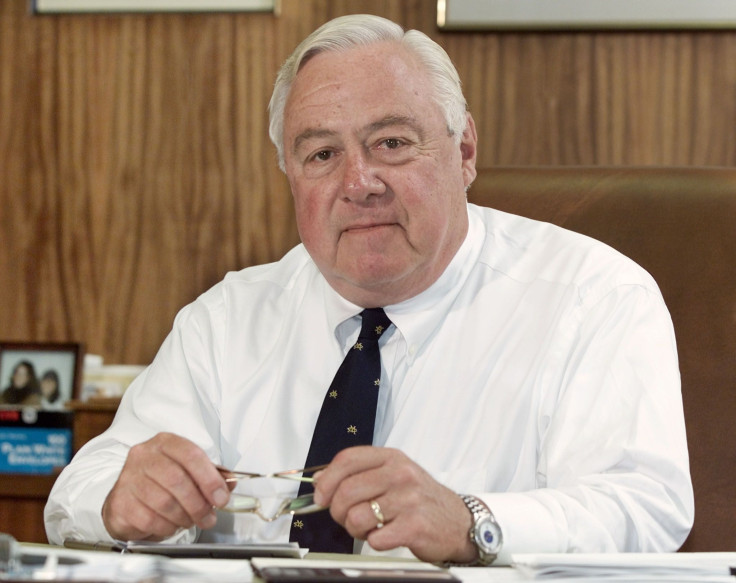Thomas Penfield Jackson, Judge In Microsoft Antitrust Case, Dead At 76

U.S. District Judge Thomas Penfield Jackson, who said in 2000 that software giant Microsoft Corporation (NASDAQ:MSFT) was a predatory monopoly that should be split up -- only to see his ruling reversed on appeal -- died Saturday in Maryland of cancer complications at the age of 76.
The federal judge ruled in 2000 that the tech giant was a monopoly that should be split into two companies. Jackson turned down Microsoft's request to dismiss the U.S. government's proposal to break up the company and moved instead to consider antitrust remedies.
He was subsequently removed from the case because he had improperly discussed it with journalists, opening the door for an appeals case. Although he concluded that Microsoft had stifled competition and used illegal methods to protect its monopoly in computer operating systems, Jackson made statements to reporters, published after the ruling, in which he compared Microsoft founder Bill Gates to Napoleon and likened the company to a drug-dealing street gang.
"I think he has a Napoleonic concept of himself and his company, an arrogance that derives from power and unalloyed success, with no leavening hard experience, no reverses," Jackson said in one interview.
An appeals court the following year unanimously reversed the breakup order -- though it did agree that Microsoft had acted as an illegal software monopoly -- saying Jackson had engaged in "serious judicial misconduct" with his derogatory out-of-court comments about the company. The court appointed a different judge to determine a new punishment, Microsoft later settled, and the government decided not to seek the company's breakup.
His wife, Patricia King Jackson, told the Associated Press that Jackson had transitional cell cancer.
© Copyright IBTimes 2024. All rights reserved.





















